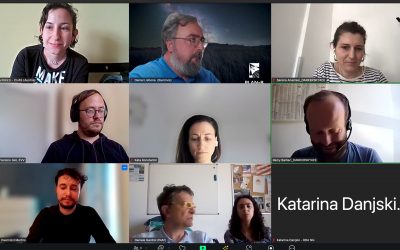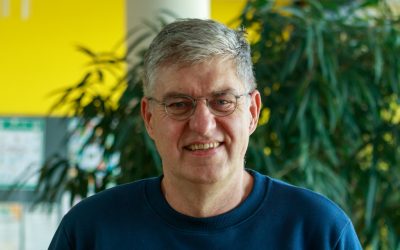The European Light Pollution Manifesto
The European Light Pollution Manifesto

Tackling noise and light pollution
for a Sustainable Tomorrow
The Path Towards Addressing Adverse Impacts of Light and Noise Pollution
on Terrestrial Biodiversity and Ecosystems
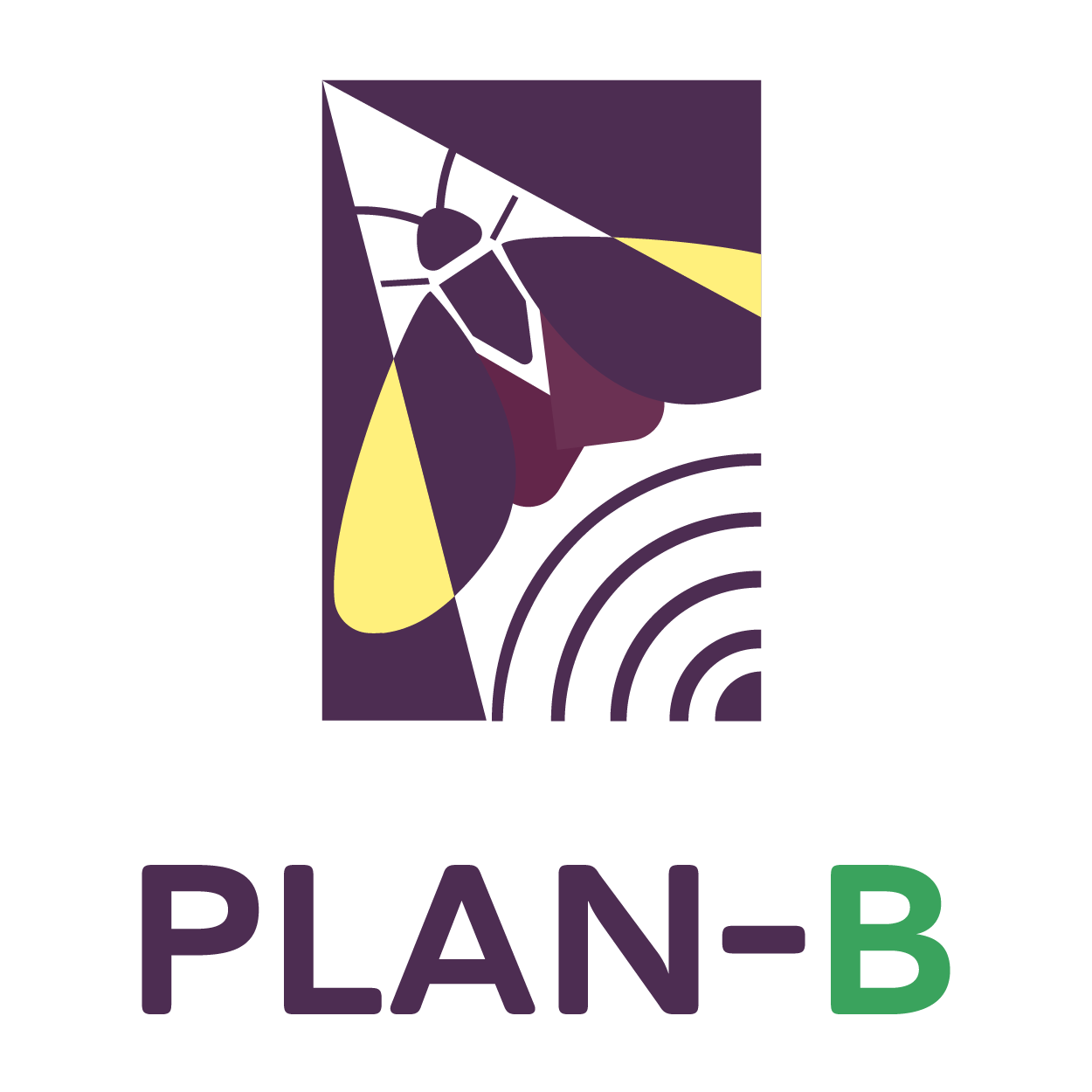
PLAN-B is an EU funded (Horizon Europe) project that aims to create the enabling conditions to support the activities planned in the EU Biodiversity Strategy for 2030, and provide new paths to tackle light and noise pollution in European ecosystems, according to the EU and international biodiversity targets.

4 years project

8 countries involved

12 consortium members

2.4M € Funding
Our PLAN-B Key Outputs
Knowledge Database
An open-access database on light and noise impacts on terrestrial biodiversity and ecosystem services.
New Scientific Models and Maps
Spatiotemporal models for evaluating noise and light impacts on the terrestrial environment, along with light and noise pollution maps of Europe.
Communities of Practice (CoPs)
Sustainable CoPs, focused on key stakeholder groups, addressing the impacts of light and noise on terrestrial biodiversity and ecosystem services.
Policy Briefs
Recommendations for strengthening legal and policy frameworks to reduce the impacts of light and noise pollution on terrestrial biodiversity and improve decision-making.
Handbook of Solutions
A compendium of established and innovative regulatory, social, environmental, planning, and technological solutions to mitigate light and noise pollution impacts.
Synthesis Report
A report on the current state and future trajectory of light and noise pollution impacts across Europe.
Join the PLAN-B Newsletter
The PLAN-B project newsletter shares with you the latest news about our project and its scientific activity, focused on tackling light and noise pollution in European ecosystems, together with new developments in evidence-based regulation.
Our PLAN-B latest news
PLAN-B Research in Split: Raúl Pérez Parras Presents Key Advances in Automated Georeferencing of Nighttime ISS Images
The PLAN-B project continues to expand its horizons and strengthen its international presence. Last week, our colleague Raúl represented the team at the 10th SPLIT REMOTE SENSING HANDS-ON PROFESSIONAL SUMMER SCHOOL, held in Split (Croatia), a leading event in the...
Citizen science illuminates the nature of city lights
A new article has been published in Nature cities by Team Nachtlichter describing the use of citizen science methodologies for monitoring light pollution across Germany, Team Nachtlichter. Citizen science illuminates the nature of city lights. Nat Cities 2, 496–505...
PLAN-B present In the Forum Acusticum–Euronoise 2025
Researchers of the University og Ghent, member of the PLAN-B consortium, have presented part of their research in the Forum Acusticum / Euronoise 2025, that took place in Málaga (Spain), from 23rd to 26th of June, 2025. The Forum Acusticum / Euronoise 2025, the 11th...
[Report] Recommendations for Large-Scale Monitoring of Artificial Light At Night
A new report about ALAN (Artificial Light At Night) has been published by one of our consortium members researchers, Alejandro Sánchez De MIguel. Abstract Artificial light at night (ALAN) has become a widespread pollutant with profound ecological, cultural, and...
[Policy brief] Restoring the Night: A Policy Agenda for Light Pollution Mitigation in Europe
A new policy brief, Restoring the Night: A Policy Agenda for Light Pollution Mitigation in Europe, has been officially released by the PLAN-B project, in close collaboration with its sister project AquaPLAN. This document builds on the momentum of the European Light...
PLAN-B Participates in DarkerSky4CE workshop
As part of PLAN-B's clustering activities and with the aim of continuing to build alliances with sister projects, on 29th May we participated in a working day organised by DarkerSky4CE to share experiences around the engagement of participants in our respective...
Reinhard Klenke: The Biologist Shedding Light on Light Pollution
With a solid career in behavioral ecology and biodiversity conservation, Dr. Reinhard Klenke is one of the most authoritative voices in studying human impact on urban wildlife. A researcher at the German Centre for Integrative Biodiversity Research (iDiv) and associate professor at Martin Luther University Halle-Wittenberg, Klenke has led numerous studies on the effects of noise and artificial light on ecosystems.
Telling the story of light pollution from coast to coast
Coinciding with World Environment Day, which has been celebrated every 5 June since 1972, the Spanish National Research Council (CSIC), through the Andalusian Astrophysics Institute (IAA-CSIC), is promoting a scientific dissemination action focused on light pollution...
Get involved!
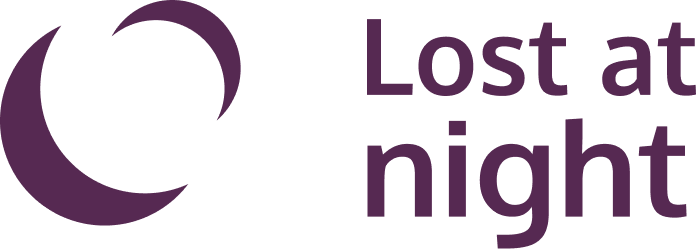
The Lost At Night application is designed to help georeference images taken by astronauts aboard the International Space Station (ISS).
The goal is to create a global map of Earth’s lights at night to measure and track light pollution. By accurately aligning images with geographical coordinates, the app contributes to valuable environmental data collection, which can be used for scientific research, monitoring light pollution, and understanding its impact on ecosystems and human health.
Lost At Night is an iniciative of the PLAN-B Project that uses citizen science methodologies to involve researchers, activists, enthusiasts and general public in tackling light and noise pollution across Europe. This application already brings up to date the previous ten years of work of the Cities At Night project.

Be part of the PLAN-B Community!
We invite you to take part in PLAN-B‘s activities and build a network of initiatives, researchers, activists, enthusiasts and the general public who want to contribute to tackling light and noise pollution in European ecosystems.
You will be able to participate in citizen science campaigns in the pilot areas of Gdansk (Poland), Leipzig (Germany), Belo Horizonte (Bazil) and Zaragoza (Spain), contribute to the mapping of the night sky with the Lost At Night app and take part in clustering events and dissemination of results together with sister projects, citizen groups and scientific associations.
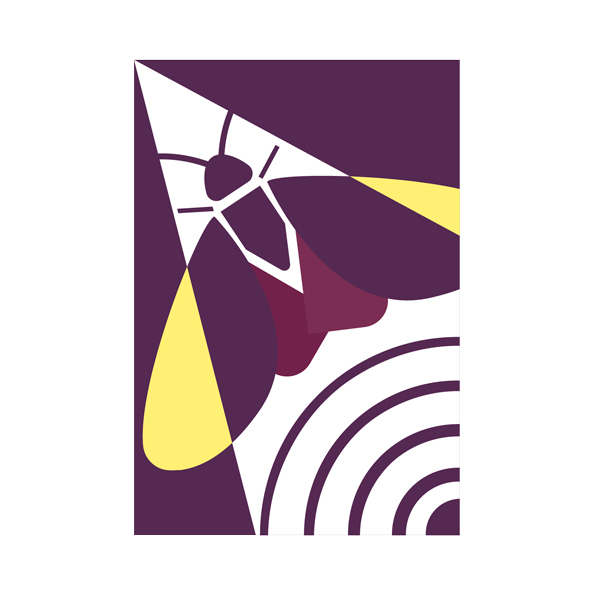
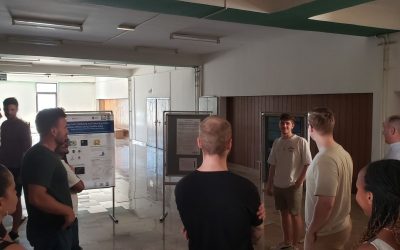
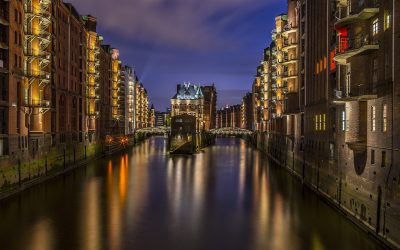
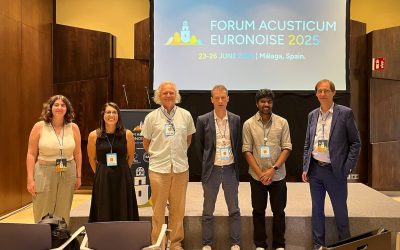
![[Report] Recommendations for Large-Scale Monitoring of Artificial Light At Night](https://plan-b-project.eu/wp-content/uploads/2025/05/Night-time_light_emissions_during_blackout_in_Spain_and_Portugal_pillars-400x250.gif)
![[Policy brief] Restoring the Night: A Policy Agenda for Light Pollution Mitigation in Europe](https://plan-b-project.eu/wp-content/uploads/2025/06/PLAN-BRestoring-The-Night_1-400x250.jpg)
